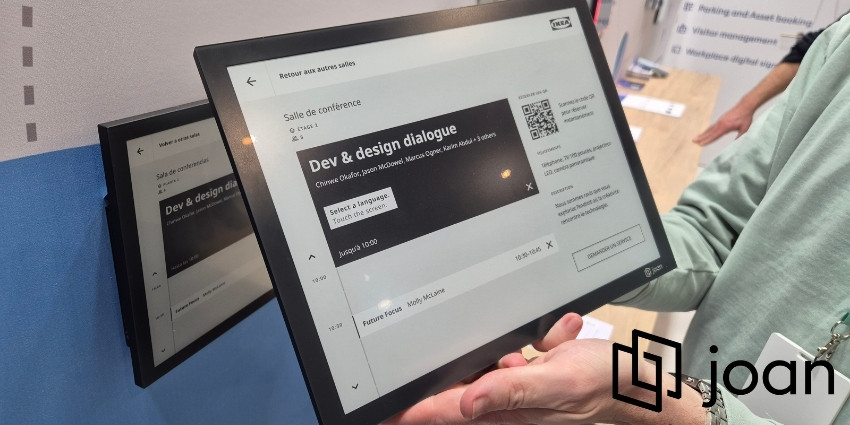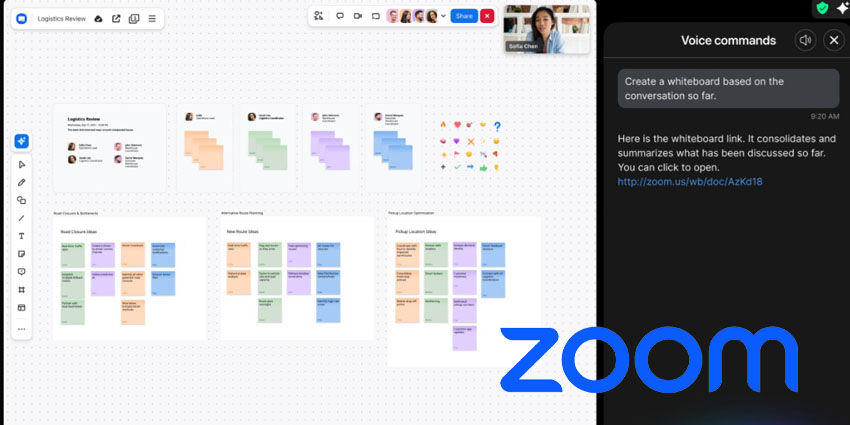RingCentral has elected Ned Segal to its Board of Directors.
Segal brings a wealth of experience as a financial executive to RingCentral. He was Chief Financial Officer at Twitter between 2017 and 2022. He was removed from his position along with several other executives after Elon Musk purchased the social media business in October that year.
Prior to that, Segal was Senior Vice President of Finance of Intuit, an enterprise and financial software business, and Chief Financial Officer of RPX Corporation, a former publicly traded company that offers patent risk management and discovery solutions.
Segal said:
I’ve known RingCentral and Vlad for more than a decade. I’m a big believer in founder-led technology companies and see massive opportunity for RingCentral to continue to change how people leverage the cloud to be more productive and communicate more effectively. I look forward to working with Vlad and the rest of the Board as the company executes on its strategy while driving value for shareholders.”
Earlier in his professional life, Segal held various roles at Goldman Sachs, including Head of Global Software Investment Banking. Segal currently serves on the Board of Directors of Beyond Meat, Inc.
Segal has also been elected as a member of both RingCentral’s audit committee and nominating and corporate governance committee of its Board of Directors.
“We are excited to welcome Ned, a seasoned executive with more than 25 years of technology, finance and capital markets experience, to the RingCentral Board,” said Vlad Shmunis, RingCentral’s Founder, Chairman, and CEO.
“As Twitter’s former CFO, Ned presided over significant growth and success while navigating a period of tremendous complexity and organizational change through the sale of the company,” Shmunis added. “He will bring a rigorous and financially-driven approach to our boardroom, with a focus on helping RingCentral continue to deliver sustainable, profitable growth.”
What Segal’s Arrival Could Mean for RingCentral
2023 was a rollercoaster year for RingCentral.
Founder and long-term CEO Shmunis stepped down from his role at the end of August and transitioned to the role of Executive Chairman with a remit of driving RingCentral’s strategic product vision and innovation. Shmunis’s decision to depart RingCentral saw its stock plummet 18.6 percent on the day of its announcement.
Tarek Robbiati was appointed as his successor at the same time as RingCentral posted its Q2 2023 earnings, with his CV showcasing nearly three decades as a respected strategic and financial operator and renown for his leadership roles within the telecom, media, technology and financial services industries.
However, Robbiati left the role he only formally started on August 28 by mutual agreement on Friday, December 3, barely three months into his tenure — for a dramatic return by Shmunis as CEO. Again, despite Shmunis’s return, RingCentral’s stock price fell.
While RingCentral and Robbiati stressed that the former’s departure was not down to any “disagreement with the Company or the Board or any matter relating to the Company’s operations, policies, or practices”, Shmunis’s comments upon his return were intriguing.
“We are at a tremendous inflexion point in our industry, and it is critical that our product and innovation strategy drives all that we do and is closely aligned with how we go to market,” Shmunis said.
The UCaaS market’s explosive growth rate has tapered off to an extent. Many major vendors have either (or both) diversified their portfolio with products and solutions in other spaces, including the contact centre and collaboration worlds, and invested heavily in AI and automation as potential game-changers.
RingCentral has, over the past several years, executed both strategies and been rewarded with commercial success. It credited a relatively positive Q3 financial quarter to its contact centre and CX solutions, as well as citing encouraging uptake with its new RingSense AI product.
It was notable that in its announcement of Shmunis’s return as CEO, RingCentral repeated its guidance for Q4 and the financial year, with projected revenue of $566.5 million to $573.5 million, up between 8 percent and 9 percent, for the quarter. For the financial year, RingCentral estimated sales of $2.095 billion to $2.101 billion, up 11 percent.
Growth of any kind can still be interpreted as healthy, even if it’s not as staggering as it was three years ago, but seemingly Shmunis has no intention of being complacent.
This stage of the unified comms boom, when simply being an excellent UCaaS or CCaaS vendor is perhaps no longer enough to galvanise constant growth, could be what Shmunis is referring to as the “tremendous inflexion point”. Onboarding a figure with as extensive experience as a financial executive as Segal at this inflexion point suggests Shmunis’s ambition to leverage that sound financial expertise while RingCentral continues to evolve to adapt to an uncertain market.
Additionally, there’s the added challenge of the C-suite turnover, share price fluctuations and possible strategic evolution stirring the interest of competitors. Already this year, 8×8 has launched a marketing campaign, “Time to Move Away From That Old Ringtone”, where, for a limited time, 8×8 will beat a RingCentral quote or invoice. 8×8’s campaign claimed RingCentral has been “in the news recently for all the wrong reasons”.
Despite all these challenges, however, RingCentral is still deeply appreciated by its customers, preserving its silver medal position in last year’s Gartner UCaaS Magic Quadrant, only behind Microsoft and its Teams platform. Its finances are fairly strong, and its titanic CEO is back at the head of the table. Whether it is going through a full-blown evolution or a tweak in direction, it is well-positioned to do so.
What RingCentral’s strategy might look like by December will be fascinating.







